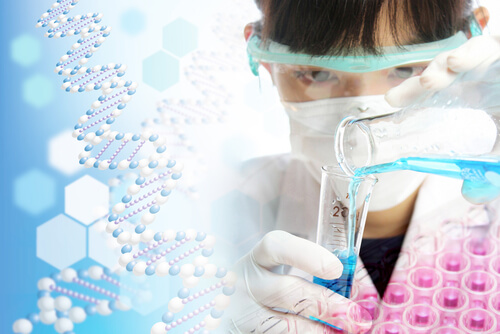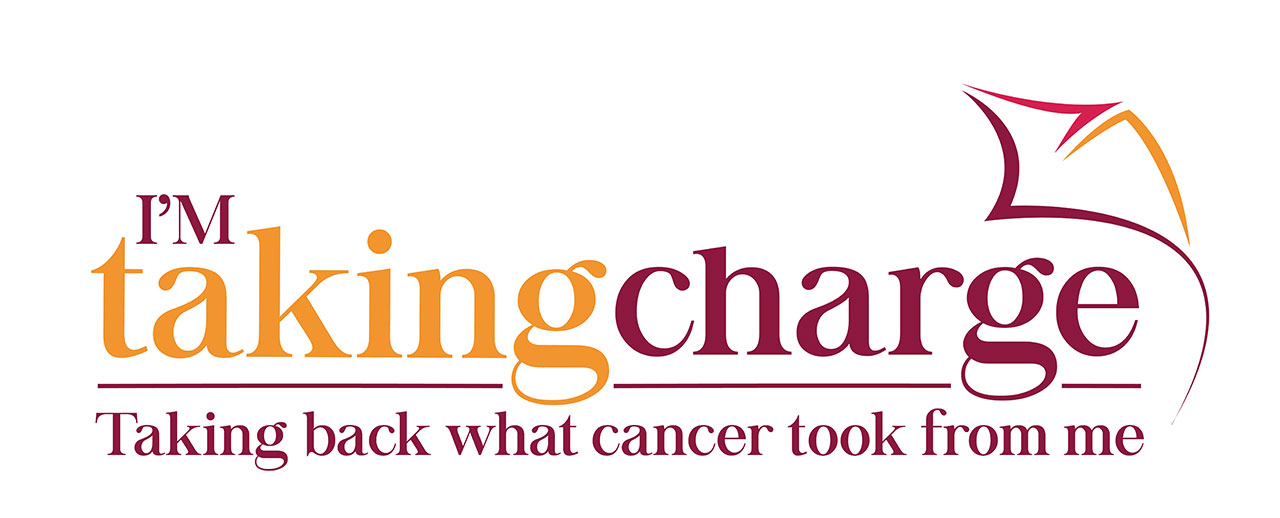Many of us spend time with relatives over the holidays. We give a canned answer to the inevitable inquiries about health and then move on to more pleasant topics. But maybe you’re worried about other family members. Maybe, because of your experience with breast cancer, you want to suggest a mammogram or genetic testing. Maybe you’re curious about your relatives’ experiences with cancer. Today we bring you a guest post by Lisa Schlager from FORCE. She explains how family history may be the key to knowing if you’re at increased risk of other cancers too. Read it and understand the importance of communication with relatives about breast cancer and other cancers. If not during the holidays, perhaps remind yourself to bring up the topic with them a few weeks later. Lisa writes . . .
I’m sure all of you know that October was Breast Cancer Awareness Month (BCAM),. Breast Cancer Awareness Month is an annual health campaign aimed at increasing awareness of the disease and raising funds for research, prevention, diagnosis, treatment, and cure. But how many of you are aware that breast cancer can be linked to increased risk of other cancers including ovarian, pancreatic, and colon?
All women have some risk of breast cancer and this risk increases with age. The lifetime risk for breast cancer in the general population is about 1 in 8 (12%). Most of these cancers are thought to be sporadic, but about 10% are due to an inherited genetic mutation which causes an increased risk of a number of cancers, including breast.
FORCE Founded Help Those Affected By Hereditary Cancer
FORCE (Facing Our Risk of Cancer Empowered) was founded in 1999 to help individuals and families affected by these hereditary cancers. FORCE programs provide education, support, advocacy and research throughout the U.S. It is the only organization dedicated to serving all people affected by hereditary cancer—women, men, previvors, survivors, young and old.

Women with an inherited predisposition to breast cancer face a much higher risk and tend to develop cancer at younger ages. BRCA stands for BReast CAncer. It is used to define BRCA1 and BRCA2, the two most common inherited genetic mutations linked to women’s cancers. This term is a bit misleading because individuals who carry one of these mutations are, in fact, at increased risk other cancers as well. For example, BRCA mutation carriers in families affected by breast cancer are also at significantly increased risk of ovarian cancer—and vice versa. When experts speak of ovarian cancer, they also include two related cancers: fallopian tube and primary peritoneal cancer. Up to a quarter of these gynecologic cancers are considered hereditary.
People Don’t Realize Link Between Breast Cancer and Other Cancers
While the average American woman’s risk for ovarian cancer is about 1.5%, those with inherited mutations may face up to 60% risk in their lifetime. What many people don’t realize is that hereditary breast cancer and hereditary ovarian cancer are inextricably linked—and this inherited predisposition to cancer can be passed down from one’s mother or father. Men who carry one of these inherited mutations may be at increased risk of male breast, prostate, pancreatic, and other cancers. Sometimes the mutation gets masked in men and women who don’t develop cancer, and they pass the increased risk on to their daughters and sons.

In recent years, a number of other genetic mutations associated with hereditary cancer have been discovered. These include an alphabet soup of terms including PALB2, CHEK2, RAD50, CDH1, Lynch Syndrome, etc. It is important to understand one’s risk and to take appropriate steps to manage it. Families with a strong history of cancer who tested negative for a BRCA mutation prior to 2014 are advised to consider testing for these other mutations. Health care providers with expertise in genetics can help you determine if genetic testing is appropriate— and if a mutation is identified, help estimate risk for other cancers and develop a risk management plan.
Signs of a Hereditary Cancer Syndrome
Signs of a hereditary cancer syndrome in a family include, but are not limited to:
- Breast cancer at age 50 or younger
- Ashkenazi Jewish heritage and breast cancer before age 60
- Breast cancer in both breasts at any age
- Male breast cancer
- Both breast and ovarian cancer
- Ovarian, fallopian tube, or primary peritoneal cancer at any age
- Colorectal cancer at age 50 or younger
More than one relative on the same side of the family (grandparents, parents, siblings, aunts/uncles, cousins) with any of these cancers:
- Breast cancer
- Ovarian, fallopian tube, endometrial, or primary peritoneal cancer
- Prostate cancer
- Pancreatic cancer
- Colon Cancer
- Melanoma
Call Us If You Might Have Hereditary Cancer In Your Family
As mentioned above, several different hereditary cancer syndromes have been identified, each with a specific set of traits. If cancer in your family may be hereditary, it is important to consult with a genetics expert. For more information visit FORCE at www.facingourrisk.org or call 866-824-RISK (7475).
Thank you, Lisa, for this informative article!
Looking for more helpful information about breast cancer and breast reconstruction? For information on a specific topic, use our search box. Or join our conversation on Facebook and check out our Pinterest and Instagram sites. Our podcast series may also be helpful: here at itunes, here at Google Play, or here at Stitcher. Take care!



![Why Is Forgiveness So Important to Cancer Patients? [Podcast Ep. 26]](https://imtakingcharge.com/wp-content/uploads/2018/08/shutterstock_1008129595-500x383.jpg)
![How to Piece Together Your Post-Cancer Life [Ep. 24]](https://imtakingcharge.com/wp-content/uploads/2018/07/Optimized-chuttersnap-478260-unsplash-500x383.jpg)

![Sorting Body Image Issues After Breast Cancer [Podcast Ep. 23]](https://imtakingcharge.com/wp-content/uploads/2018/07/shutterstock_1062595838-500x383.jpg)
Leave A Comment